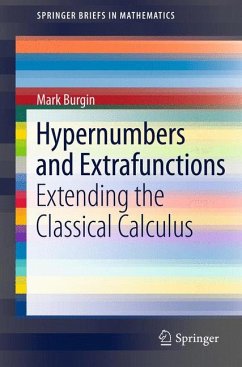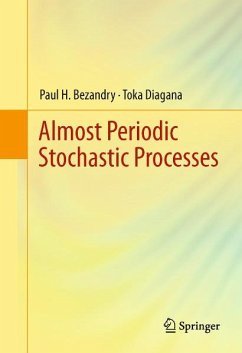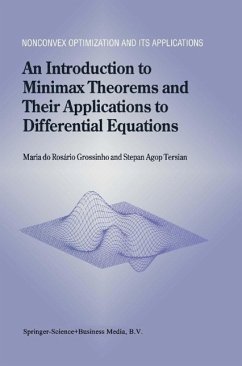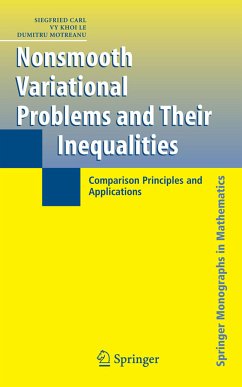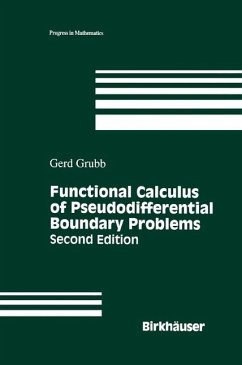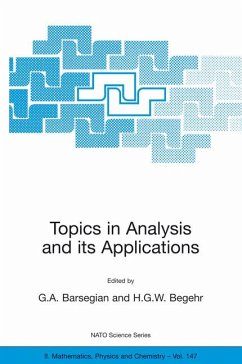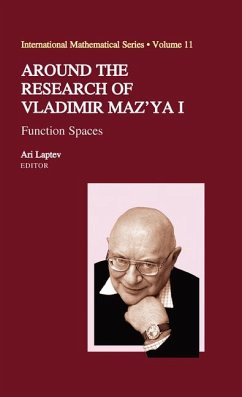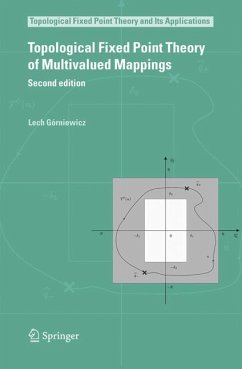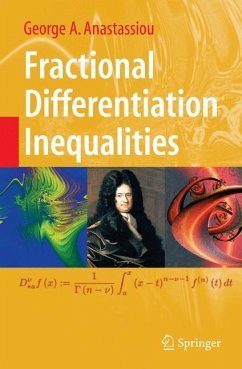
Fractional Differentiation Inequalities (eBook, PDF)
Versandkostenfrei!
Sofort per Download lieferbar
72,95 €
inkl. MwSt.
Weitere Ausgaben:

PAYBACK Punkte
36 °P sammeln!
In this book the author presents the Opial, Poincaré, Sobolev, Hilbert, and Ostrowski fractional differentiation inequalities. Results for the above are derived using three different types of fractional derivatives, namely by Canavati, Riemann-Liouville and Caputo. The univariate and multivariate cases are both examined. Each chapter is self-contained. The theory is presented systematically along with the applications. The application to information theory is also examined.This monograph is suitable for researchers and graduate students in pure mathematics. Applied mathematicians, engineers, ...
In this book the author presents the Opial, Poincaré, Sobolev, Hilbert, and Ostrowski fractional differentiation inequalities. Results for the above are derived using three different types of fractional derivatives, namely by Canavati, Riemann-Liouville and Caputo. The univariate and multivariate cases are both examined. Each chapter is self-contained. The theory is presented systematically along with the applications. The application to information theory is also examined.
This monograph is suitable for researchers and graduate students in pure mathematics. Applied mathematicians, engineers, and other applied scientists will also find this book useful.
This monograph is suitable for researchers and graduate students in pure mathematics. Applied mathematicians, engineers, and other applied scientists will also find this book useful.
Dieser Download kann aus rechtlichen Gründen nur mit Rechnungsadresse in A, B, BG, CY, CZ, D, DK, EW, E, FIN, F, GR, HR, H, IRL, I, LT, L, LR, M, NL, PL, P, R, S, SLO, SK ausgeliefert werden.




